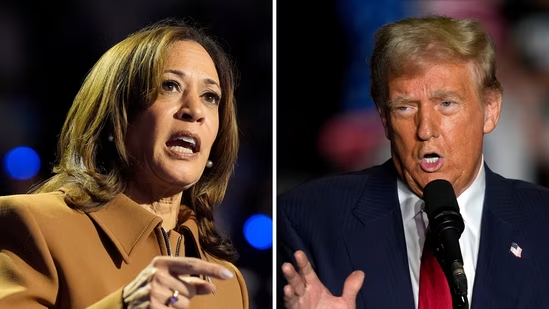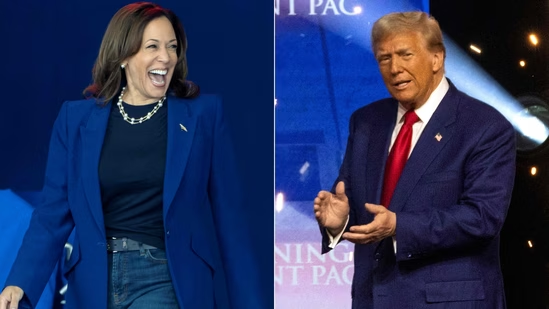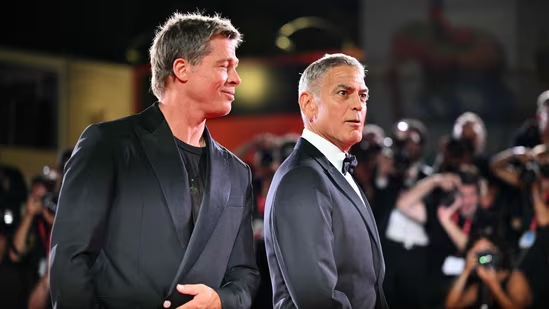In 1991, Khaleda Zia became Bangladesh’s first female prime minister. Following her husband Ziaur Rahman’s killing, she started her political career.

Former prime minister and opposition leader Khaleda Zia was ordered to be released from jail by Bangladeshi President Mohammed Shahabuddin, only hours after Sheikh Hasina quit as prime minister and left the nation.
The choice to release Khaleda Zia was made after deliberating with opposition figures. By agreement, President Shahabuddin agreed to immediately free the leader of the Bangladesh Nationalist Party (BNP).
Waker-Uz-Zaman, the commander of the army, the heads of the air force and navy, and prominent figures from opposition groups including Jamaat-e-Islami and the BNP attended the conference.
Khaleda Zia, the 78-year-old leader of the largest opposition group, the Bangladesh Nationalist group, is regarded as Sheikh Hasina’s fiercest opponent.
In 1991, she was appointed as the first female prime minister of Bangladesh. Her husband Ziaur Rahman, the founder of the Bangladesh Nationalist Party in 1978 and President of Bangladesh from 1977 to 1981, was assassinated, which marked the beginning of her political career.
Zia has recently experienced a number of health issues, and she frequently goes abroad for treatment. She was convicted of corruption in 2018 and sent to jail, claiming the decision was motivated by politics. From 2001 until 2006, she held the position of prime minister.
The elections scheduled for January 2007 were delayed as a result of political unrest and internal strife that resulted in the military seizing control of the government after her administration’s mandate ended in 2006.
The caretaker administration accused Zia and her two sons of corruption while it was in power. Bangladesh was the world’s most corrupt nation from 2001 to 2005, according to the Corruption Perceptions Index, when she was in office.
Ziaur Rahman, the spouse of Khaleda Zia and the former president of Bangladesh, was killed on May 30, 1981. On January 2, 1982, Khaleda Zia entered politics after her late husband passed away by becoming a member of the Bangladesh Nationalist Party (BNP), which her late husband had created.




